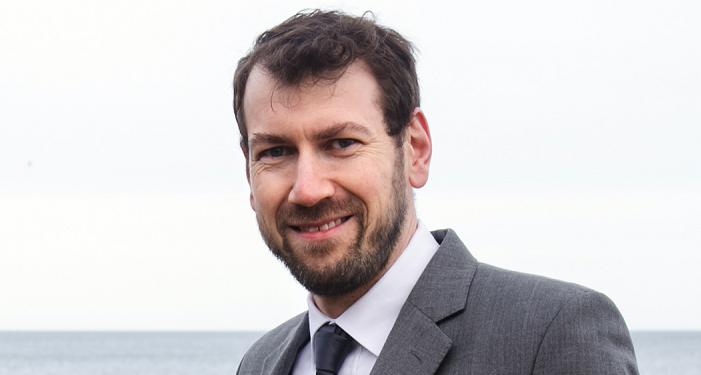The global pandemic has driven a shift from longer term to shorter term assignments, with knowledge transfer activities being especially targeted, the Health & Protection IPMI Summit has heard.
Benjamin Bader, associate professor in international human resource management, Newcastle University Business Management School and strategic adviser to and board member, RES Forum, (pictured) who was speaking on the first day of Health & Protection’s IPMI Summit at Pennyhill Park this morning.
Bader revealed that while since the pandemic there has been an increase in longer term assignments, these were fewer in number than pre-pandemic and he expected this trend to continue.
He added that where organisations were sending workers on long term assignments, they tended to be engaged in development roles.
But Bader also revealed that conversely, shorter term assignments were on the rise.
“With regards to short term assignments, they are on the rise,” Bader told delegates.
“So often a longer assignment that would have been three years is broken down to something smaller for a couple of months or if they are working from home it goes maybe to a second short term assignment.”
Bader added this brought with it different needs as longer term assignments tended to centre more around the requirements of the assignee’s family for example.
And he explained that employers were particularly keen to cut down on the number of assignments being made for purely knowledge transfer purposes.
“Around 20% to 25% of all assignments are knowledge transfer and most of the organisations we spoke to are replacing at least half of those,” he said.
That means more than 10% of all assignments are likely to be replaced with shorter-term, virtual or other methods, Bader confirmed.
“It depends if an organisation wants to develop employees or give them leadership experience abroad,” he continued.
“But if it’s just knowledge transfer and filling skill gaps, all these things, if it can be done with anything but a long-term assignment, we see a clear trend to avoid these long-term assignments.”






